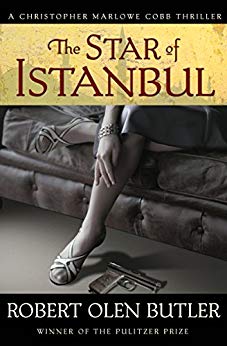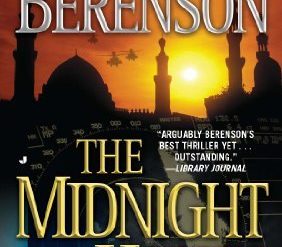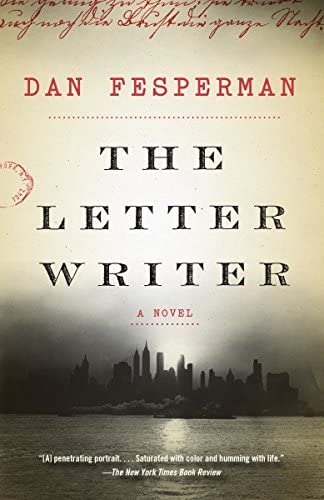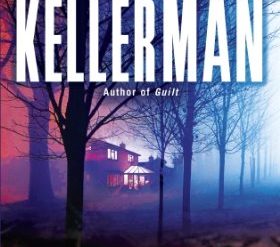
In his second historical espionage novel featuring Christopher Marlowe Cobb, Robert Olen Butler has enlisted the war correspondent as a secret agent for the United States Secret Service. World War I is raging in Europe and the Middle East, and Cobb has been assigned to trail a German-American academic named Walter Brauer. Brauer is a professor of what were then called “Oriental studies” in London. (Today in the US we call them Middle Eastern studies.) But he is known to American authorities as an agent of the German Empire. What’s not known, and what Cobb is tasked with finding out, is what the man plans to do in Europe.
An unlikely mission for the Secret Service
The Star of Istanbul is set in spring 1915. Decades were to pass before the American government would establish an agency to conduct foreign intelligence. That only happened in 1942 with the founding of the Office of Strategic Services (OSS). So, it’s a literary conceit for Butler to engage the Secret Service in espionage during World War I.
The Star of Istanbul (Christopher Marlowe Cobb #2) by Robert Olen Butler (2013) 386 pages @@@@ (4 out of 5)
In its early years, immediately following the Civil War, the Secret Service had conducted domestic intelligence and counterintelligence. The agency infiltrated undercover agents into troubled Southern communities. Some were assigned to track down and arrest the moonshiners who were cheating the government out of tax revenue. Others were instrumental in ending the reign of terror by the first incarnation of the Ku Klux Klan. But the Secret Service ceded its intelligence mission in 1908 to the agency that later became the FBI. It is highly unlikely the Secret Service dispatched any secret agents to Europe nearly a decade later, and especially not before the US had even entered the war. Its agents were preoccupied with investigating German sabotage and food hoarding at home.
In this historical espionage novel, the star of Istanbul isn’t a ship, it’s a move star
The book’s title, The Star of Istanbul, might call to mind an ocean-going ship. That’s certainly what I thought. But no. The “star of Istanbul” is a silent film star named Selene Bourgani, “the most mysterious woman in the world.” The only ship that figures in this story is the Lusitania, the British passenger vessel that was sunk by a German U-Boat off the coast of Ireland on May 7, 1915. And, conveniently, both secret agent Cobb, German spy Brauer, and movie star Bourgani were all passengers on the Lusitania. And they all survived. The contrived coincidence makes for dramatic reading, but it does all seem more than a little far-fetched.
Butler’s confounding writing style
Butler has acquired an extremely annoying stylistic habit. When he wants to convey rapid-fire action—in chase scenes, during violent fights, and (of course) when the Lusitania sinks—he insists on using the crude technique of run-on sentences. He strings together one clause after another, usually connecting them with the word “and” without pausing for breath. Butler committed this breach of stylistic good sense over and over again in the first of the Christopher Marlowe Cobb novels, The Hot Country, too. I was disgusted then. I’m even more so now.
A revealing look at World War I in the Middle East
So, why did I bother to read this book to the end? And why have I awarded it a high rating? It’s the history that Butler conveys so adroitly. I’d known little about the participation in World War I of the Ottoman Empire other than its fighting on the ground with the British in the Middle East and Northern Africa. Butler explores the role of the Turkish government in its negotiations with Germany and in the Armenian genocide. This is fascinating history, and important. And couched as it is as a historical espionage novel, it’s easy to swallow.
For additional reading
I previously read (and mostly enjoyed) the first Christopher Marlowe Cobb novel, The Hot Country. It’s reviewed at American vs German spies in the Mexican Revolution.
You might also enjoy my posts:
- The 10 top espionage novels reviewed on this site;
- 20 good nonfiction books about espionage; and
- Top 10 mystery and thriller series.
If you enjoy reading history in fictional form, check out 20 most enlightening historical novels (plus dozens of runners-up). And if you’re looking for exciting historical novels, check out Top 10 historical mysteries and thrillers reviewed here (plus 100 others).
And you can always find my most popular reviews, and the most recent ones, plus a guide to this whole site, on the Home Page.

























